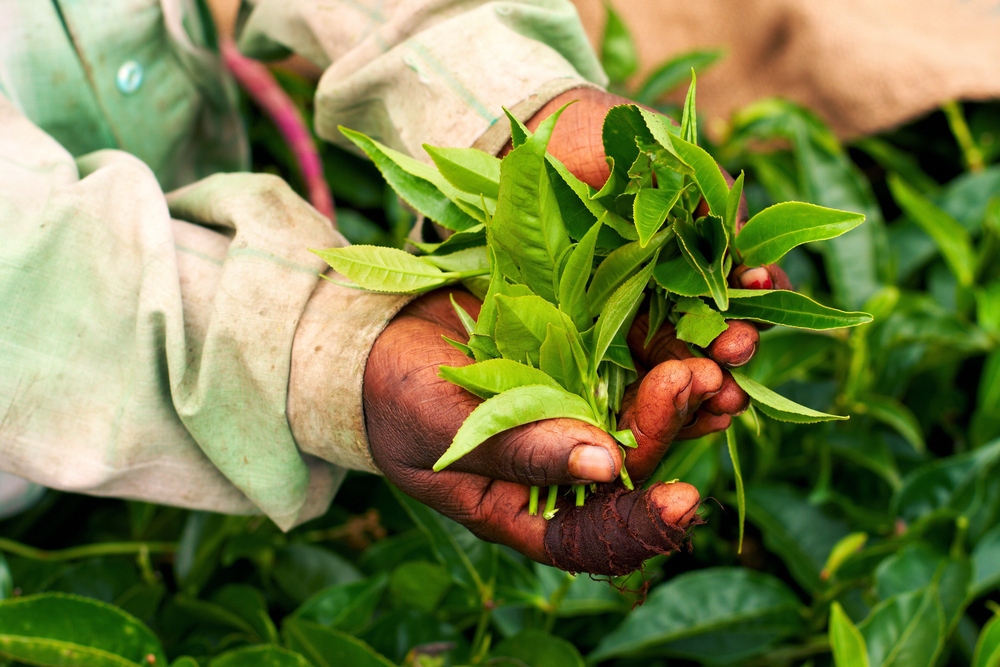
A new campaign to raise awareness of the lack of power and influence in global supply chains that keeps farmers and workers in low-income countries poor has been announced.
The Make Your Mark campaign is running across 10 markets, designed to highlight the power imbalance that leaves millions of farmers and workers behind staple food products underpaid and exploited despite playing a critical role in global food security. This is exacerbated by the climate crisis. Fairtrade is asking supporters to sign up to a fairer future by committing to three pledges by June 11. The three ways to Make Your Mark with Fairtrade include: Choose Fairtrade, Spread the Word, and Vote Fair.
Fairtrade explains that producers are at the end of long supply chains, disconnected from consumers, and they lack negotiating power to make their voices heard when business deals are being made. To address these issues, the farmers need a proper seat at the table when laws and regulations are being developed to make sure their concerns are listened to, and their interests protected. Without fair pay and a proper say and long-term trading relationships, millions of farmers and workers simply won’t survive in the coming decades, Fairtrade warns.
The campaign features a consumer pledge and a series of short films and farmers’ stories that unveil the bitter truth behind some of our favourite foods. Specially-commissioned films featuring hero Fairtrade farmers show consumers how their choices – buying Fairtrade bananas, coffee or cotton – can change the lives and futures of farmers, workers and their communities. They are produced in collaboration with Fairtrade’s producer networks CLAC, NAPP and Fairtrade Africa and tell the stories of three ‘hero’ farmers.
Stefan Donnelly, The Fairtrade Foundation’s Senior Campaigns Manager, explained: “Farmers are telling us climate change, unfair trade and lack of representation in decision-making forums is making life impossible: poverty forces families to choose between essentials like medical care, children’s education and decent food. Denied fair pay and a fair say, millions of farmers will walk away from farming – worsening further the global crisis of food insecurity. We can demand change. Choosing Fairtrade products shows that we respect the people behind our food.
“The more people buy Fairtrade goods, be it coffee, chocolate, bananas, wine, cotton, or any of the other thousands of products available in the UK where you see the distinctive mark, the more power it gives the farmers.”
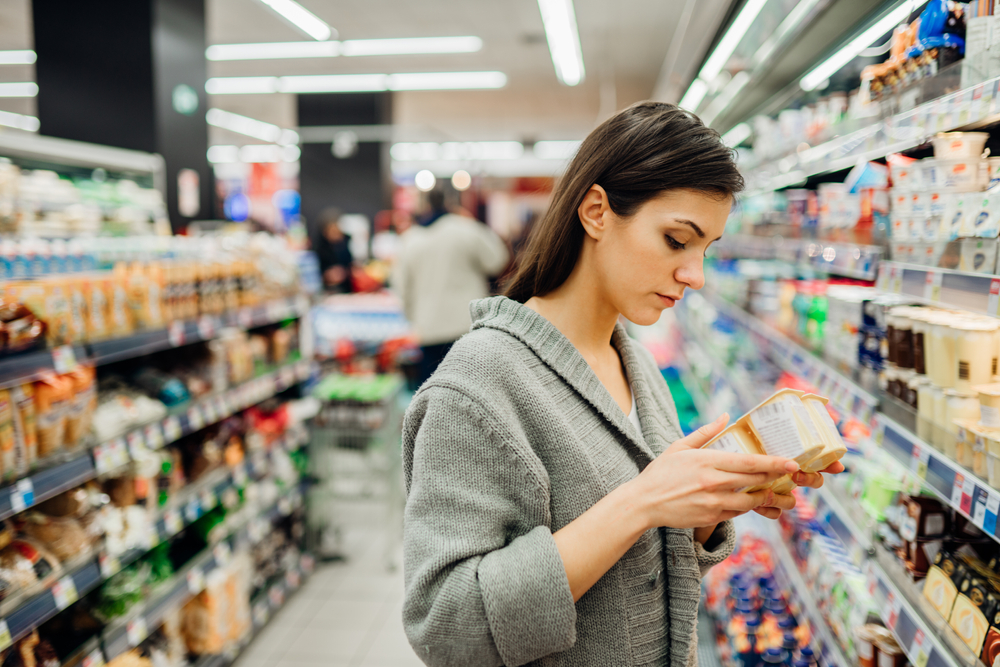
New research has revealed that consumer expectations for snack products go beyond sustainably sourced ingredients.
Data obtained by UK wholesaler, Epicurium, has suggested that modern consumers have come to expect manufacturers of sustainable snacks to enact changes in addition to sourcing ingredients sustainably.
In the first of its kind undertaken by Epicurium, the recent study found that increasingly, consumer expectations of sustainable snack manufacturers goes beyond the sourcing of ingredients and instead now also encompasses full ingredient transparency, a requirement for companies to have a low carbon footprint, and an increased expectation of the use of ethically conscious recyclable packaging.
Findings from the survey, which was carried out over a six-month period across a variety of brands, showed that of those consumers surveyed, local and ethically sourced ingredients were also viewed as important when making their purchasing decisions.
The data from the project is reinforced by industry insights collected by Epicurium, which details an increase in brands that are not only transparent about their processes, but also leverage their position in the market to make effective ethical change in supply chain and sourcing. An independent trend report commissioned by the company also suggests that in addition to the scrutiny of the manufacturing processes, companies are sourcing alternative energy, reducing CO2 emissions and implementing strategies to develop regenerative businesses.
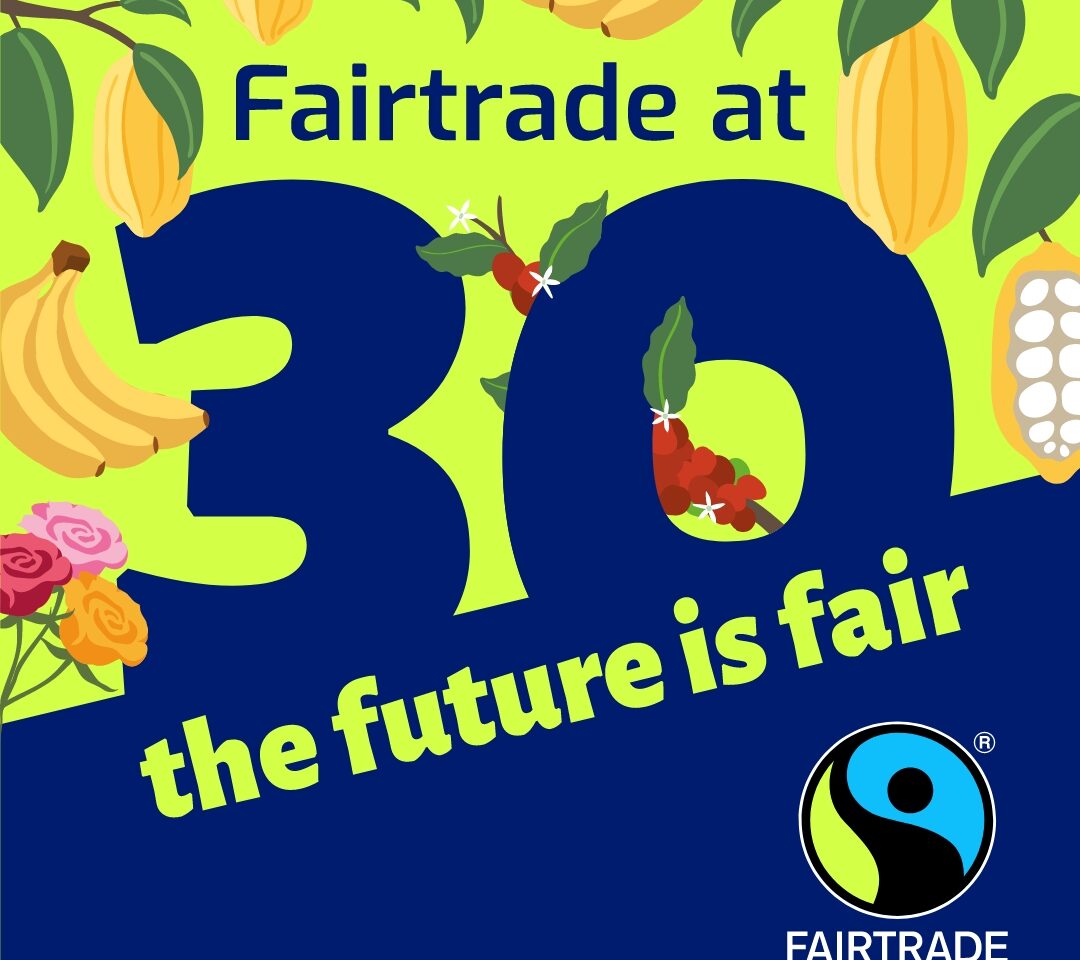
With 2024 marking three decades of the Fairtrade Mark, the organisation behind it in the UK is planning to celebrate the achievements of the movement.
There are now more than 6,000 Fairtrade products in the UK, and the number is growing all the time. Globally, millions of farmers and workers in 70 countries are part of 1,930 Fairtrade certified producer organisations, benefitting from stable prices, community facilities such as education, healthcare and clean water which Fairtrade has funded, access to training and a platform for their voices to be heard.
And now, with 2024 marking the 30th anniversary of the Fairtrade Mark, the Fairtrade Foundation is planning a range of initiatives, including moving Fairtrade Fortnight from its usual February date to September, when the anniversary takes place.
Fairtrade Foundation CEO, Mike Gidney, commented: “We are incredibly excited to be able to mark this very important milestone. Fairtrade is all about building a fairer future for people in low-income countries who grow and make the things we rely on every day: our food, our clothes. Thirty years on, we estimate that 10m people, including farmers, workers and their families across Africa, Latin America, and Asia benefit from sales of their products on Fairtrade terms.
“That’s an amazing achievement and is thanks to the increasing dedication of companies in changing the way they trade, driven by huge, unstinting support from the British public. Of course, there is still so much to be done. Even while we celebrate the achievements of the Fairtrade movement, and the inspirational commitments of campaigners, communities and companies alike, we are as ambitious as we were on day one to bring the benefits of Fairtrade to more people.
“There will be many opportunities to celebrate this year, many stories of the inspiring people who have worked hard to build the Fairtrade movement over the years, bringing lasting change not only to farmers, but also to companies in the UK and to public attitudes too. We know from research that consumers want to be part of the change. That’s a wonderful mandate for companies to join in, so that together we really can make trade fair for everyone.”
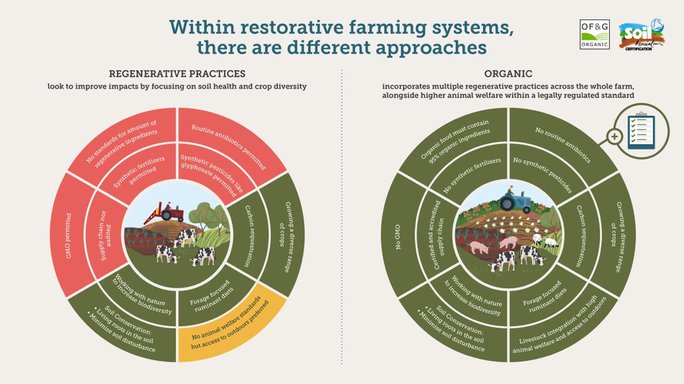
Two of the UK’s biggest organic certifiers have created a new set of infographics to raise awareness of the differences between organic and regenerative farming.
Organic Farmers & Growers (OF&G) and the Soil Association are working together to shine a light on the positive outcomes that organic delivers. This latest collaboration has led to the development of a series of infographics that position organic’s restorative approach within the context of other farming systems.
The graphics have been produced in response to increasingly confusing and conflated messaging currently being promoted in the media and wider industry. Their aim is to provide greater clarity by identifying the differences and commonalities between alternative farming practices.
OF&G Chief Executive, Roger Kerr, believes the work provides a useful reference and framework for anyone working in the sector.
“We continue to take a pragmatic approach to how best to support our organic licensees and engage with other interested parties,” he advised. “Our intention was to create some reference materials that demonstrate how organic tackles the fundamental challenges that our food systems and environment face.
“For over 70 years, the organic movement has been the conscientious objector to today’s degenerative and exploitative farming practises. It is frustrating that it has come to this. Continuing to feed people in the face of climate and biodiversity collapse, high levels of pollution and deforestation is a complex problem, and complex problems require versatile and multifaceted solutions – like organic. These three infographics show this solution simply and clearly.”
Posted by Rachel Symonds on April 25, 2024 · Leave a Comment
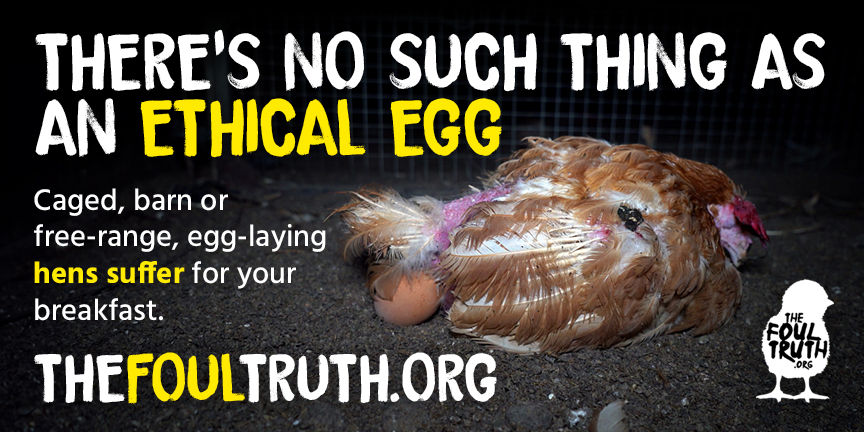
A new campaign designed to encourage people to go vegan has sparked debate ahead of its launch on billboards next week.
On April 29, the campaign will be launched by Animal Justice Project across five major UK cities. The billboards will display eye-catching photos taken from inside British egg farms, challenging viewers to rethink their food choices and consider going vegan. Spread across Birmingham, Brighton, Bristol, Hove, and London, these 6x3m billboards are expected to reach an audience of more than 1.4 million people. With messages like ‘There is no such thing as an ethical egg’, ‘Don’t buy the lie’, and ‘Not an egg machine’, coupled with real-life images of British egg-laying hens, the campaign organisers say it pulls no punches.
Animal Justice Project says that while industry paints an idyllic picture image of egg farming where happy birds roam free in fields, the reality is far darker. This campaign seeks to expose and share the unsettling truths hidden from British consumers. The campaign’s artwork made its debut on social media, sparking heated debates. While some questioned the economic implications for farmers, others defended their food choices.
Ayrton Cooper, Campaigns Manager at Animal Justice Project, commented: “Marketing by the egg industry paints an idyllic image of cage-free farms but the reality is very different. Our undercover work shows frightful abuses, commonplace across several RSPCA Assured egg farms. Our billboards will combat this misinformation and bridge the gap between consumer knowledge and farm truths. When shoppers are inside the supermarket, they can instead choose plant-based products, rather than reaching for eggs, which are responsible for the suffering and killing of millions of hens every year.”


 Organic & Natural Business magazine
Organic & Natural Business magazine




